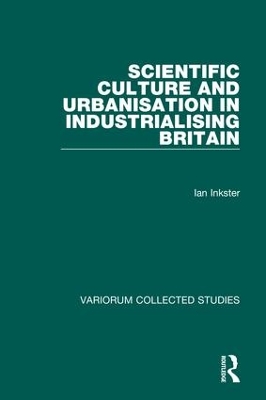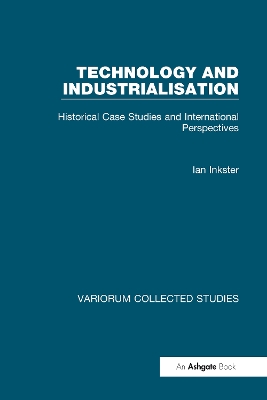Variorum Collected Studies
2 total works
Scientific Culture and Urbanisation in Industrialising Britain
by Ian Inkster
Published 15 December 1997
Ian Inkster’s intent in these studies is to move beyond the high culture and expertise of science towards the construction of the culture of urban communities. The work draws on a mass of detailed research and focuses on Britain's social and cultural advantages over other industrialising nations in the years prior to the Great Exhibition of 1851, an advantage which was not created by any single decision, nor by any explicit investment effect. Out of urban culture emerged a public sphere and an information system within which class divisions were abrogated; at the same time the relations between information and technique became complex and decidedly non-linear. So was created a social asset drawn upon by business interests, technicians, tinkerers and inventors throughout the period, and for some considerable time beyond it. Industrial Britain was made from diverse materials, amongst which were those fabricated in the course of cultural dissent and social ambition.
These thirteen essays embrace case studies of Britain, Japan, Europe, China, India and Australasia and cover a period from circa 1700 to the present day. The author’s main intention is to illustrate a ’political economy' approach to industrial and technological history, to demonstrate the relations between technical and instutitional transformations, and to bring the history of technology into a wide historical perspective.

